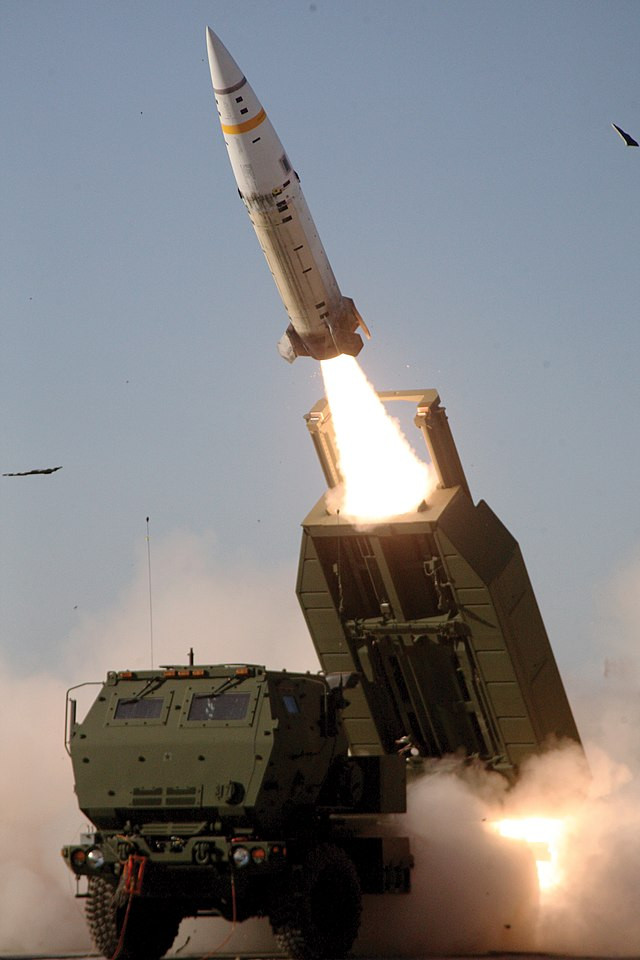In a significant development in Brooklyn court, Kristina Puzyreva, a 32-year-old dual Russian-Canadian citizen, has pleaded guilty to her involvement in a sophisticated international conspiracy aimed at bypassing U.S. sanctions to deliver military technology to Russia for use in the Ukraine conflict.
Puzyreva confessed to participating in a money laundering operation linked to a clandestine network that smuggled $7 million worth of crucial weapons components, including those used in unmanned aerial vehicles (UAVs) and guided missile systems, which were subsequently found on the battlegrounds in Ukraine.
The plot, which unfolded over five years, saw Puzyreva and her accomplices, including her husband Nikolay Goltsev, 37, and Salimdzhon Nasriddinov, 52, engage with leading electronics companies to acquire components vital for the Russian military. The indictment details Goltsev's procurement activities from his base in Canada and highlights Puzyreva's role through Montreal-based Simatech Group Inc. in receiving and forwarding over 150 packages from American firms.
United States Attorney Breon Peace underscored Puzyreva's central role in the operation, describing her as instrumental in laundering the proceeds to bypass sanctions and facilitate the technology's transfer to Russia. The seized components on the Ukrainian frontlines underscore the scheme's direct impact on the ongoing conflict.
The operation, which initiated in January 2022, involved more than 300 illegal shipments valued at around $10 million. It is part of a broader pattern of illicit military technology transfers that challenge global security and the enforcement of international sanctions.
The case also brought to light Goltsev's ties to another sanctioned entity, Electronic Network, Inc., based in Montreal, where he was employed as an account manager and purchasing coordinator. This intricate web of transactions and shipments underscores the global nature of the smuggling network and the challenges faced by authorities in curbing such activities.
The revelation of the "Tsar Train," a formidable barrier of over 2,100 freight railcars erected by the Russian military in the Donetsk Oblast area of Ukraine, further illustrates the strategic measures employed in the conflict and the use of smuggled technology in fortifying positions.
Puzyreva now faces up to twenty years in prison, highlighting the severe consequences of engaging in such illicit activities. The ongoing investigations into Goltsev and Nasriddinov shed light on international efforts to dismantle these networks and prevent the flow of sensitive technology that could exacerbate regional conflicts and undermine global security.




